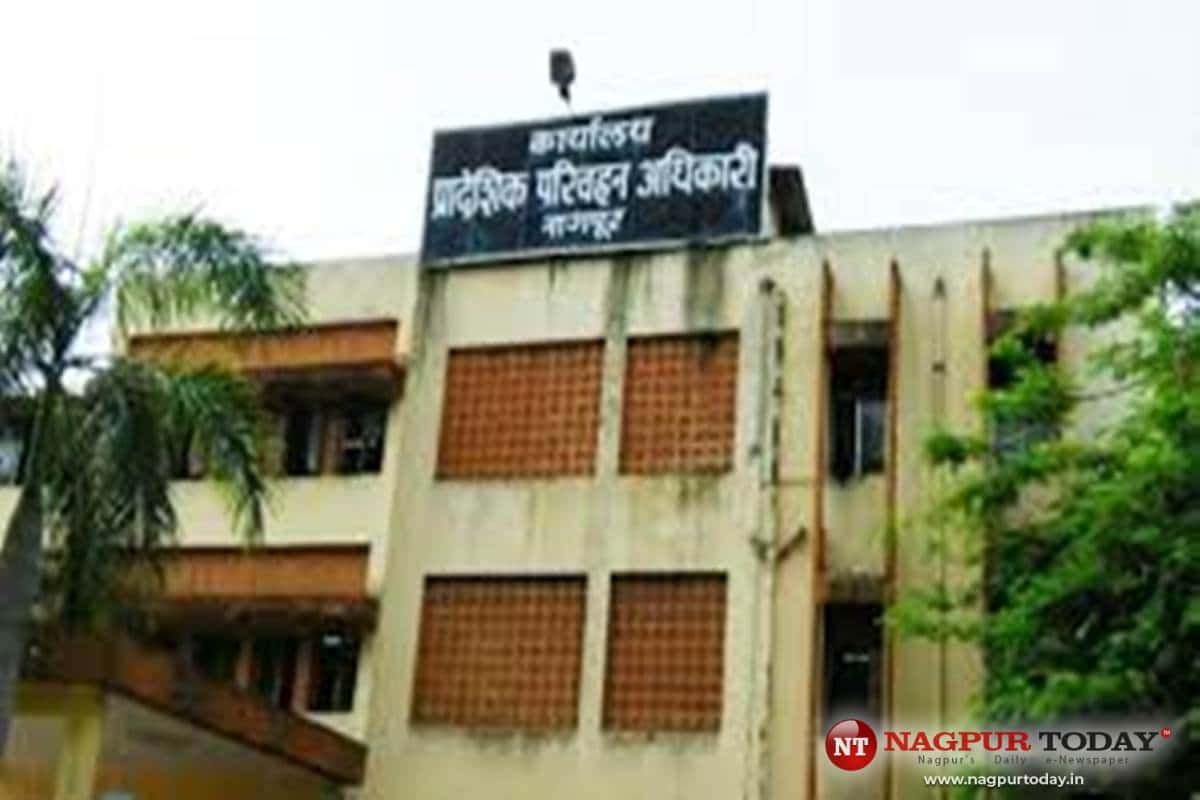Nagpur: A joint inspection by RTO and NMC’s Transport Department has found almost all Aapli Buses in shoddy conditions. Damaged electric cables, leaks in fuel tanks besides poor upkeep were some of the major problems identified during the joint inspection of Aapli buses.
The inspection was done after three running Aapli buses caught fire within two months posing grave hazards to travelling commuters. The Inspection of all the depots also exposed that city bus contractors lacked skilled technicians for carrying out repairs of Aapli buses. Three back-to-back fire incidents in moving Aapli Bus vehicles prompted the Nagpur city Regional Transport Office to constitute a joint inspection team of Motor Vehicle Inspectors (MVIs) and NMC’s Transport Department.Subsequently, the team visited all three Aapli Bus depots and inspected around 350 buses between 8 pm and 3 am on May 18.
The team comprised MVIs Amit Karad, Kiran Shinde, Rahul Wanjari and Gaurav Telrandhe, while NMC Transport Department staff Kedar Mishra, Yogesh Lunge, Sunil Shukla and Arun Pipurde assisted them during the inspections. The inspection report not only pointed out glitches, but also suggested corrective measures.
During the inspection of 300-odd buses, the team found improper joints in electrical wirings, fuel bypassing, loose battery terminals, among many other major issues being ignored by all the three Red bus operators — RK City, Travel Times and Hansa City Bus. In most of the vehicles that were inspected, improper insulation and loose connections were found in the headlights and indicators.
The team suggested ensuring proper looping, insulation and fitting of headlights and indicators. Besides, special care should be taken to avoid short-circuit to avoid recurrence of fire incidents, the report said. During the inspection, the team found emergency doors in many of the buses were either jammed or damaged.
The team also inspected two buses that were damaged due to fire and concluded that excessive use of self-starter, diesel leakage near the injector and short-circuit in the wiring of the self-starter were the main causes.















